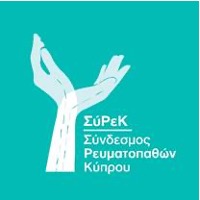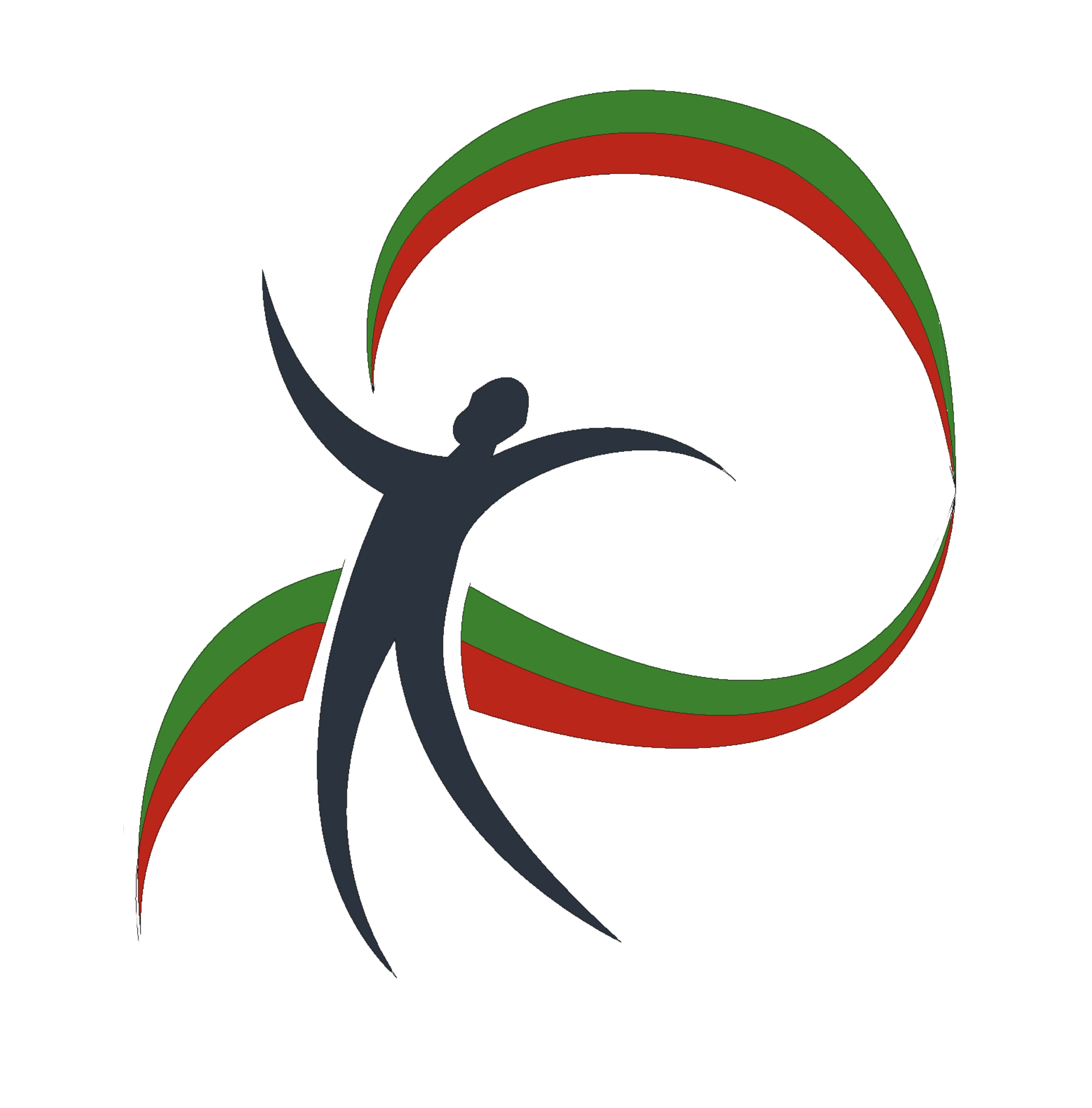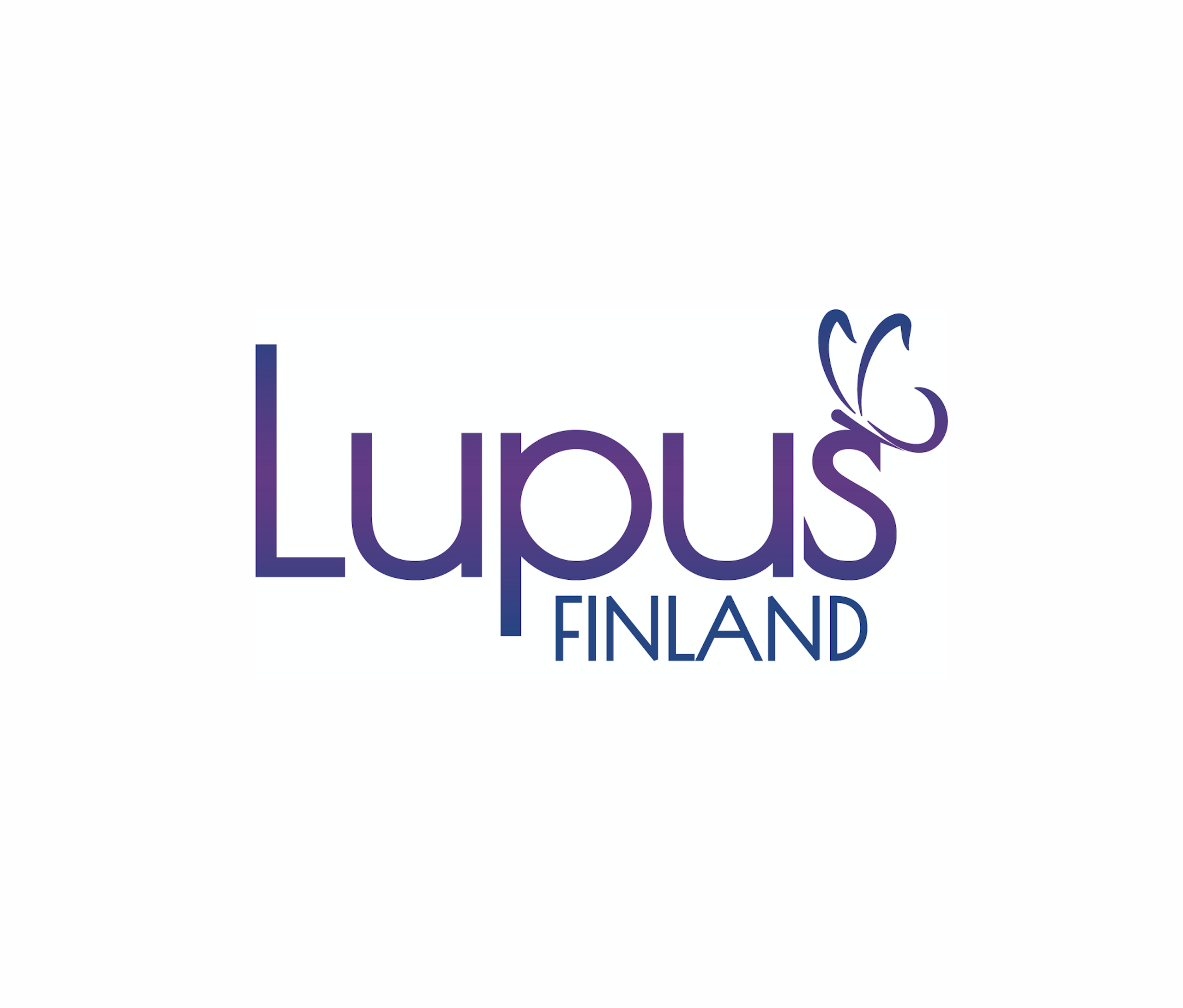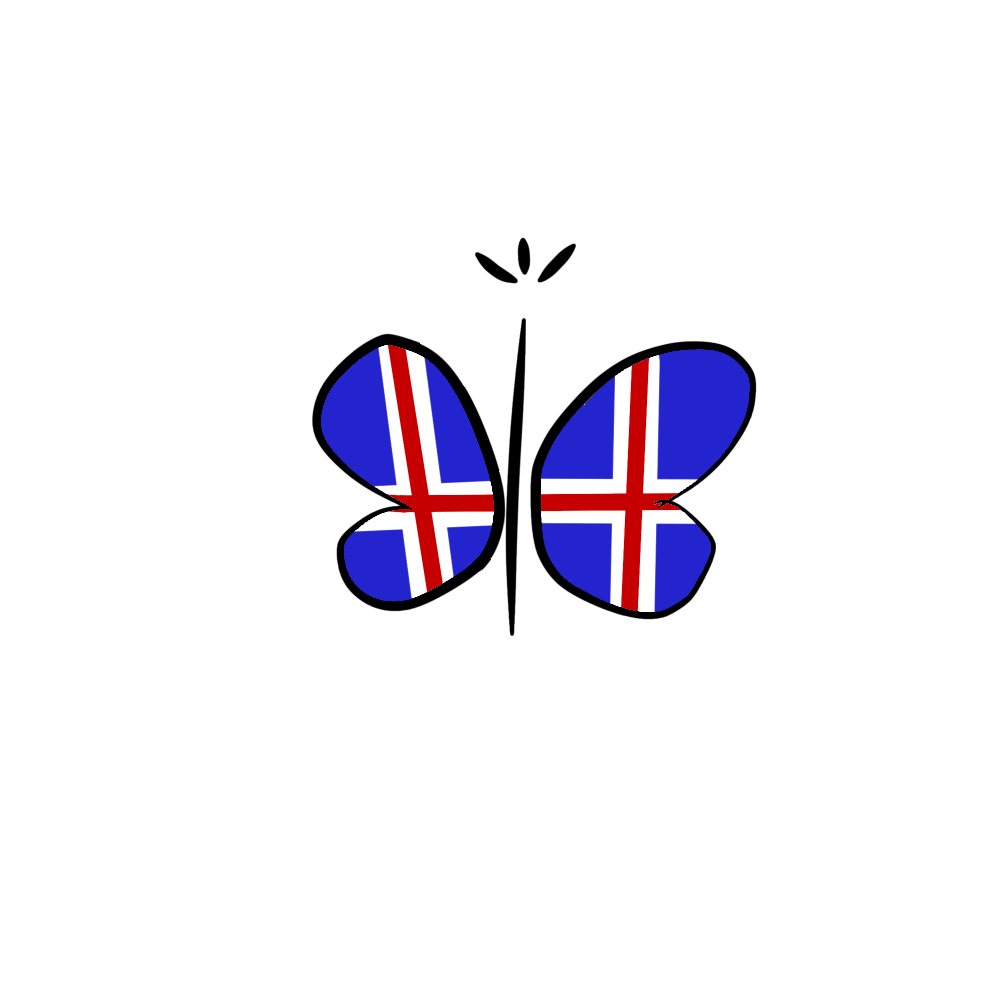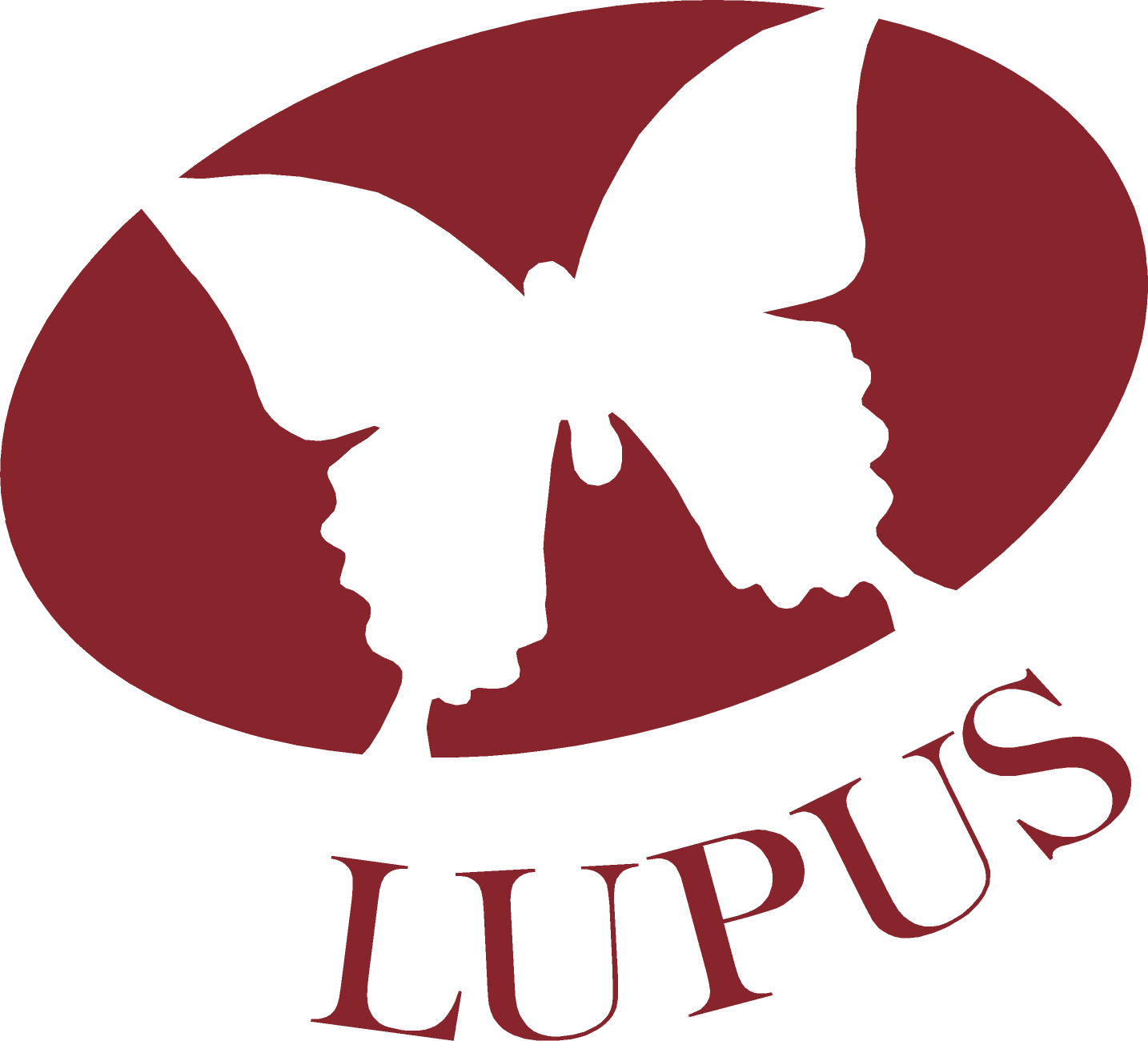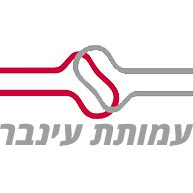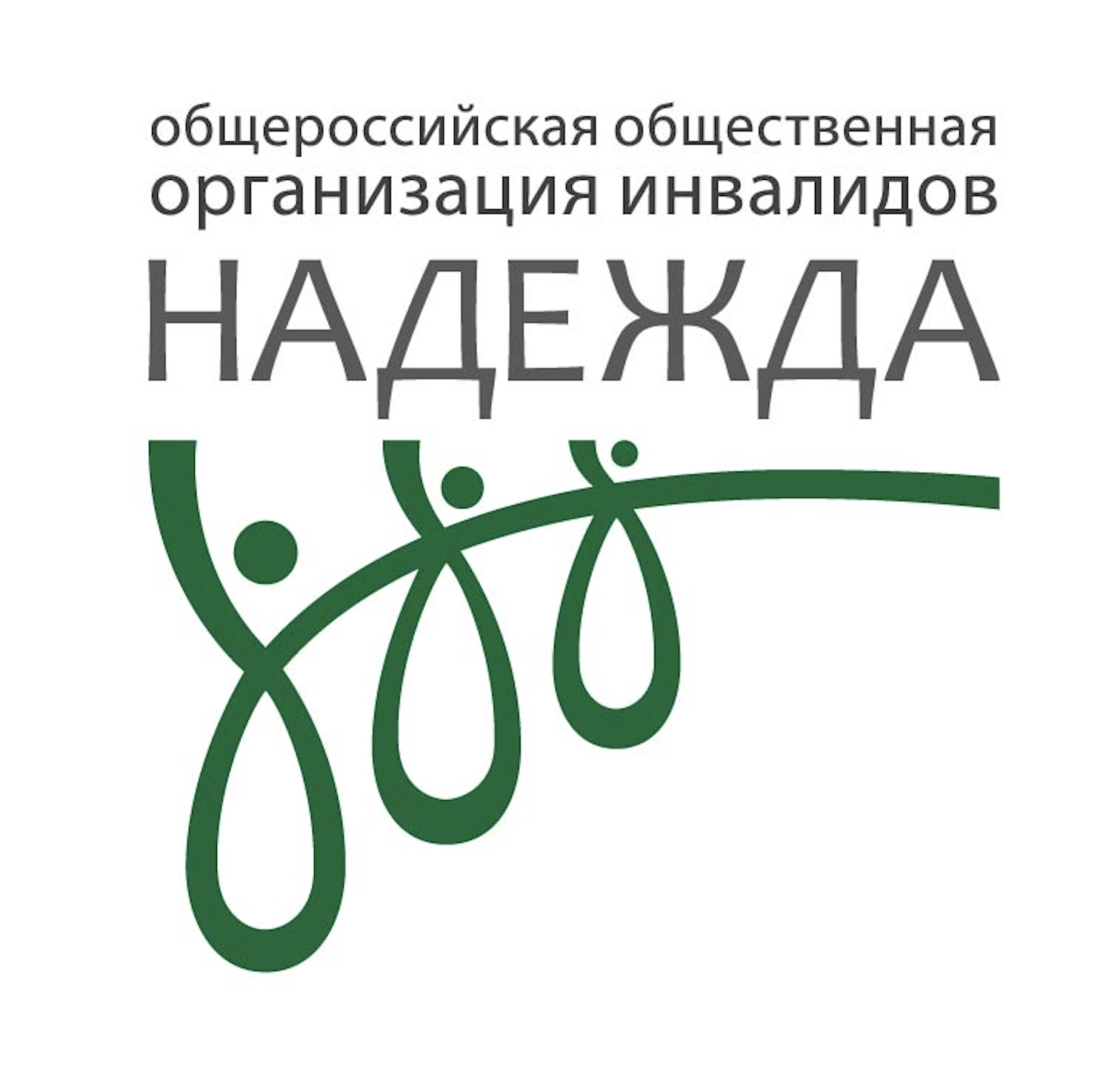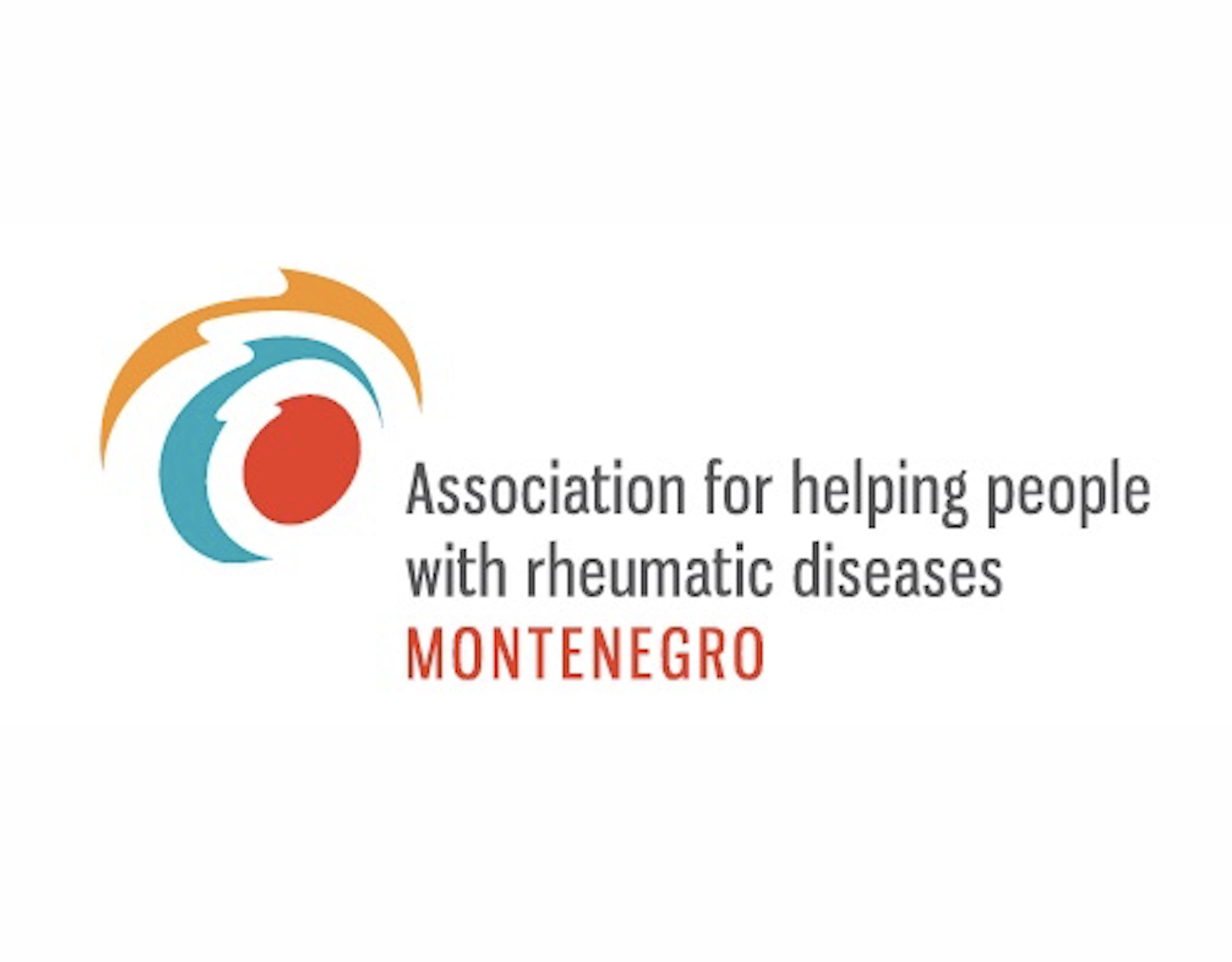🌍 Socio-economic factors can significantly impact the health outcomes of people with SLE, particularly those from economically or socially disadvantaged backgrounds. A multitude of issues such as limited access to transportation, low health literacy, insufficient healthcare resources can influence various aspects of access to healthcare, and affect the management and outcomes of diseases like #lupus
👨⚕️ In this insightful YouTube video, Dr. Daniel Guimarães de Oliveira discusses the crucial need for holistic care approaches that take into account a person's wider context, including these non-clinical factors.
🎥 Watch the video now to learn more about these insights and the need for tailored healthcare strategies that address a person’s broader context.
www.youtube.com/watch?v=RT2Qtllx2-s
... See MoreSee Less

